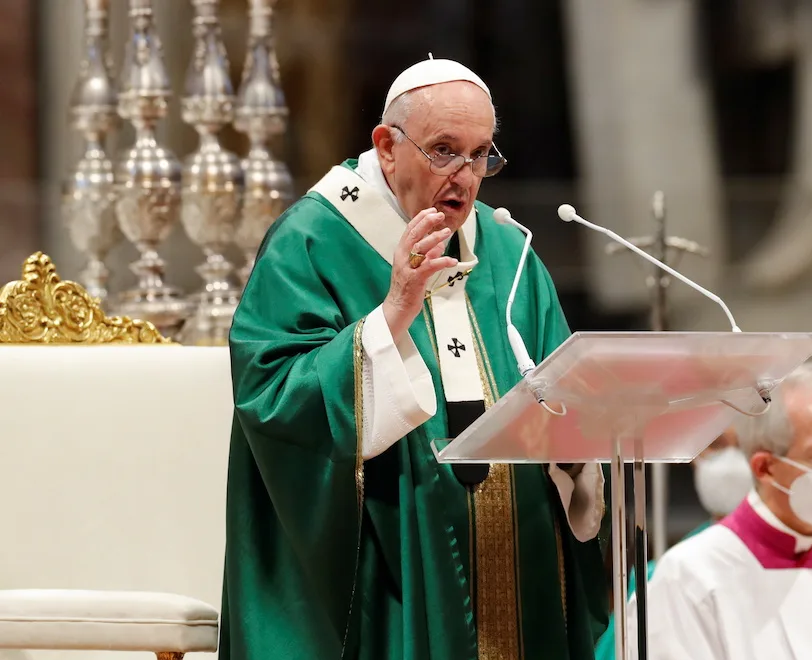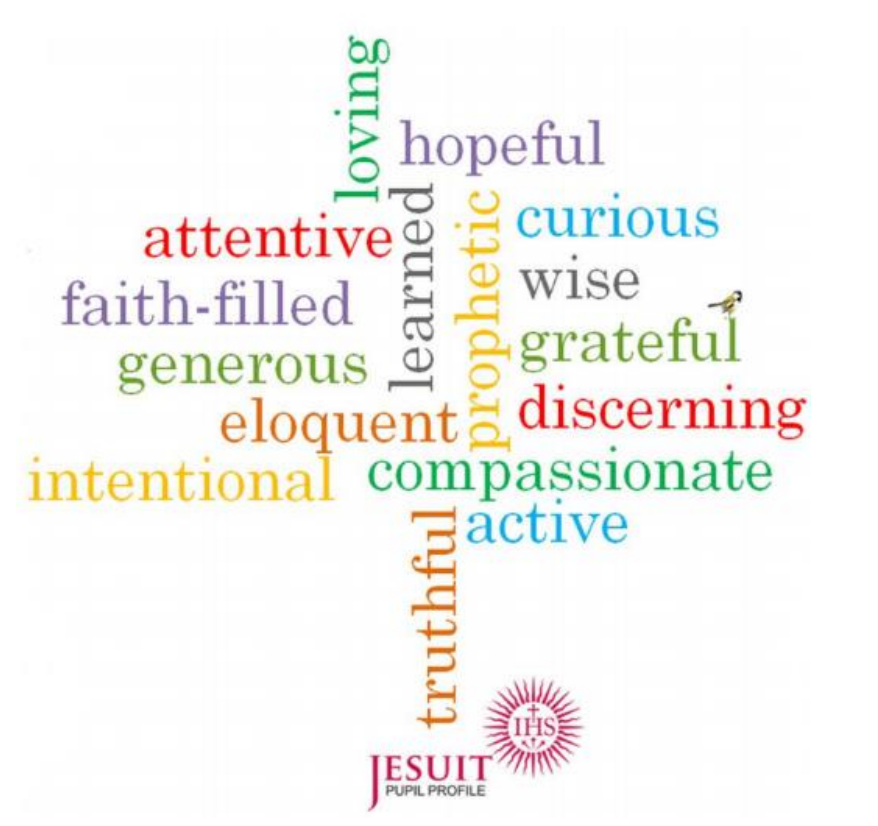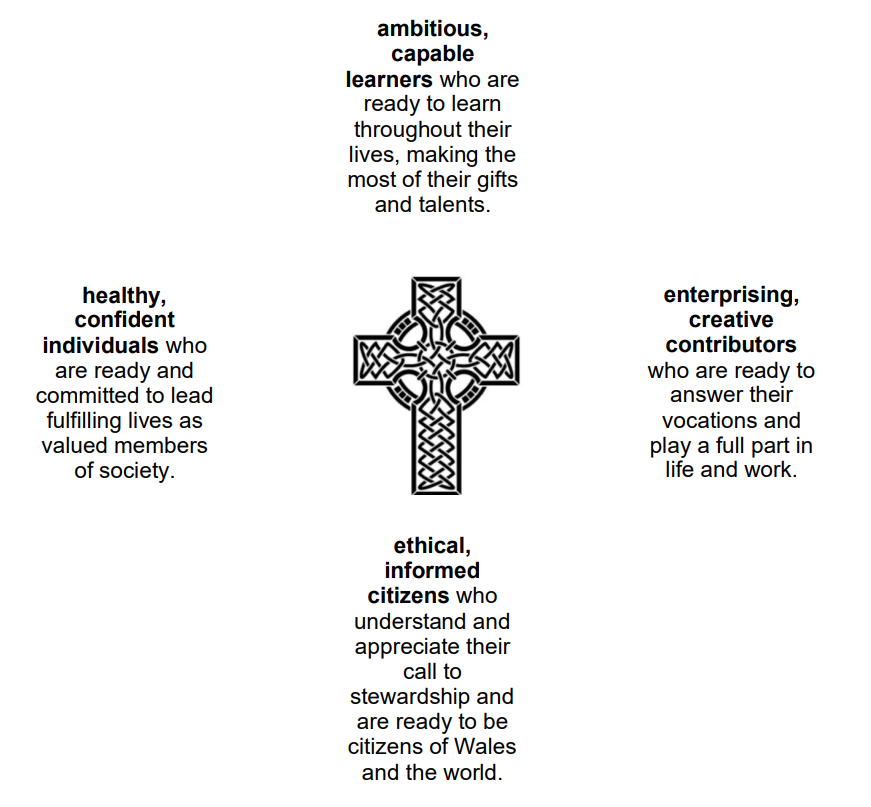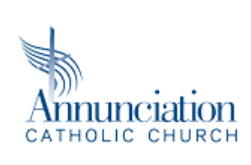Mission Statement
As a Catholic school, our mission is to journey with Christ, putting him at the centre of everything we do. We believe that Jesus is ‘the way, the truth, and the life’ and that we live life to the fullest when we follow him and show others the way to Christ.
The teachings of Christ are at the centre of our mission and our guide and compass in our journey. Christ’s living examples of unconditional care (Parable of the Lost Sheep), concern for the least well-off (The Good Samaritan), and responsibility to themselves and others and to the Common Good (Parable of the Talents) will be widely shared and related to our lives today.
To assist in its mission of making Christ known to all people;
To assist parents, who are the primary educators of their children, in the education and religious formation of their children;
To be at the service of the local Church – the diocese, the parish and the Christian home;
To be “a service to society”.
Christ at the Centre
Monsignor Marcus Stock states that the purpose of a Catholic school is fourfold and St. Joseph’s Catholic School and Sixth Form Centre will endeavour to fulfil these purposes at all times.
A Flourishing Catholic Educational Community Reflects:
- The belief that the human person is holy ground; each human being is created uniquely in the image of God and we must seek to acknowledge and treasure the unique gifts that each pupil and member of staff brings;
- Openness to the creative action of the Holy Spirit by nurturing and developing the God-given talents that each member of our school has;
- The principles and ethos of Catholic Social Teaching and a commitment to uphold the dignity of each person, to work for the common good, to care for creation and the environment, and to promote social justice and opportunities for all;
- A duty to care for those in our school community who are socially, academically, physically or emotionally disadvantaged in line with Catholic Social Teaching;
- An integral and holistic approach to educating ‘the whole person’ and to work closely with parents as the first educators of their children in a search for excellence;
- The joyful celebration of our faith through our shared experience of prayer, liturgy and the sacramental life of the Church, and in partnership with local parishes;
- A celebration of our vocation as people of God underpinned by the attitudes and values defined by the Beatitudes and included in the Jesuit Pupil Profile.
The Catholic Pupil Profile
The Catholic Pupil Profile is a key instrument by which the virtues taught by the Catholic Faith are expressed in the schools of our Diocese.
Based on the Jesuit Pupil Profile, they seek to help us form young people (and ourselves!) in those good ways of living by which our mind and character become ‘good’.
Becoming ‘good at being human’ is a main goal of Catholic education, and our tradition helps us see that in order to achieve this we need to ‘train’ our minds, hearts, words and deeds in goodness.
The Four Purposes Curriculum
A search for excellence in all aspects of school life as defined by the four purposes in Successful Futures and that are instrumental in the development of pupils’ vocation.
A commitment to care for the well-being of both pupils and staff, to journey with them in their spiritual quest and to support the professional development of staff.
A reflective and learning environment where the successes and achievements of both pupils
and staff are cherished, celebrated and offered to God in thanksgiving.

Pope Francis
“Do not be disheartened in the face of the difficulties that the educational challenge presents! Educating is not a profession but an attitude, a way of being; in order to educate it is necessary to step out of ourselves and be among young people to accompany them in the stages of their growth. Give them hope and optimism for their journey in the world.
Teach them to see the beauty and goodness of creation. The sole objective of the educating community is to develop mature young people who are simple, competent and honest, who know how to live life as a response to God’s call, and their future profession as a service to society.”
Giving Hope and Optimism
In a successful Catholic school pupils and staff experience a foretaste of the kingdom of God in action where gospel values are not only taught through the RE curriculum, but also practised in daily life; modelled by the attitudes and behaviour of all staff, they permeate our relationships with one another across the whole community. Our horizontal (pupil to pupil, teacher to teacher) and vertical (teacher to pupil, pupil to teacher) relationships should reflect the love exemplified by Christ. One measure of the success of St. Joseph’s is that the gospel values of agape love, forgiveness, sacrifice, perseverance, hope and joy are internalised so that pupils will live by them after they leave school, make a positive difference to society and fulfil their vocation to the fullest. In this way they will be instrumental in showing others the kingdom of God in action and live happy and fulfilled lives.
Just as the gospels do not present us with a utopian world, St. Joseph’s faces a number of challenges. Here Christ journeys with us and our mission is to accompany young people in their joys and sorrows and to listen to them. Challenging behaviour must be evaluated explicitly in terms of gospel values since it is often indicative of underlying issues; young people must be treated with respect and listened to with empathy and compassion. At the same time, young people need to be encouraged to reflect on whether their attitudes and behaviour show the gospel values of kindness, understanding and compassion towards others. Another challenge is the rise in the number of pupils that suffer from mental health issues which, according to psychologists, often stem from having to cope with complex problems presented to them. An increasing proportion of young people are experiencing different ‘crises’ simultaneously, i.e. family breakdown, caring for a sick parent, economic pressures, stress and anxiety over exams, etc. Our response must be always based on the model set by Christ, working compassionately with those who suffer.

SANTIAGO PILGRIMAGE
The well-established Sixth Form cycling pilgrimage to Santiago offers an opportunity to develop spirituality through the challenges of the journey that mirrors the journey of life.

LITURGY
Our school retreats are linked to the virtues and pupils have opportunities to pray, reflect and develop meaningful friendships. We regularly welcome our school chaplain and other local priests. We also take part in St Joseph’s parish family Masses throughout the academic year.
Catholic Life
At St Joseph’s our mission is to journey with Christ putting him at the centre of everything we doin order to become ‘fully human in Christ’. This understanding is rooted on prayer and liturgies, and on the constant reflective question, ‘what type of person am I called to become?’ Our daily acts of collective worship are centred around the liturgical calendar, the Jesuit Pupil Profile and the Examen; these enable us to grow in the love and service of Christ together as a faith community. The liturgical calendar also vertebrates the structure of our liturgies, especially during Advent and Lent, but also at other times such as our Remembrance assemblies in November, St Joseph the Worker, and holy days of obligation. We also conclude every term with a whole school Mass and a staff Prayer Service. Our two-hour class retreats have enabled pupils to reflect on their relationships with their families, peers, friends and communities. These retreats are linked to the virtues and pupils have opportunities to pray, reflect and develop meaningful friendships. We regularly welcome our school chaplain and other local priests. We also take part in St Joseph’s parish family Masses throughout the academic year.
St Joseph’s is a welcoming community which visitors usually describe as ‘very friendly’; staff are specially welcoming of those who are most vulnerable; love, care and concern for those who struggle has long been modelled by staff and, therefore, St Joseph’s pupils have in turn become welcoming and compassionate towards those who are most in need. This is reflected in our pastoral care system. This stems from the example of Christ and the commitment ‘to love your neighbour as yourself’. Diversity and Inclusivity is acknowledged and celebrated in St Joseph’s; this is reflected in the curriculum, pastoral interactions, acts of worship, and displays around the school. St Joseph’s shows a commitment to educating ‘the whole person’; pupils have a number of opportunities to develop spiritually and morally, through daily acts of collective worship in form classes and assemblies, RE lessons, RSE/PSE programme, retreats and charity events. As a school community, we believe that Jesus is ‘the way, the truth, and the life’ and that we live life to the fullest when we follow him and show others the way to Christ.
Religious Education
Religious Education at St Joseph’s aims to create opportunities for pupils to develop spiritually and ethically and become aware of what religious commitment means in everyday life. Through our curriculum pedagogy our purpose is to help students in their journey of knowing, understanding, discerning, responding and engaging with religious and ethical questions about the meaning and purpose of life, beliefs about God and the afterlife and what it means to be human. We aim to bring students to a personal knowledge of God through the experience of Christ and to lead them to an ever deeper understanding of our Catholic faith. As a Catholic Christian community, our focus is on Church and Gospel values in our modern world; furthermore, students will explore other Christian denominations and world religions such as Hinduism, Judaism and Islam, in recognition of the UK as a multi-faith and multicultural society and in the spirit of Pope Francis’ invitation to develop a culture of ‘dialogue and encounter’.
At KS3 Year 7 and Year 8 students follow the new RED programme. This is a spiral curriculum that enables learners to deepen their understanding and engagement with the Catholic faith and Gospel values as they grow and mature. In Year 7 students study the Creation accounts, the Bible and Church’s teaching on the Bible, Incarnation and the Trinity, the Eucharist, Confirmation and Hinduism. In Year 8, students focus on the account of the Fall and Baptism, social justice and the prophets, the Kingdom of God, evil and suffering and the Sacrament of Reconciliation, Jesus’ death and resurrection and Islam. Year 9 students continue to follow the People of God programme. This will change next academic year when the new RED programme will be extended to Year 9. Students study morality (secular and religious), Islam, pilgrimage, evil and suffering, religion and science and Judaism.
At KS4 students follow the WJEC Specification Catholic Theology and Judaism. Year 10 students focus on the Unit 1 syllabus and study Catholic core beliefs, teachings and practices and Jewish core beliefs, teachings and practices. Additionally, they study the philosophical themes of life and death and good and evil. Year 11 students follow the Unit 3 syllabus and study in further detail Catholic beliefs, teachings and practices and the ethical themes of relationships and human rights. At KS5 students follow the ALevel WJEC Specification and focus on the study of Christianity, Ethics and Philosophy.

Pope Francis
In a homily given in 2016, Pope Francis spoke of an invitation to work for “the culture of encounter”, in a simple way, “as Jesus did”: not just seeing, but looking; not just hearing, but listening; not just passing people by, but stopping with them; not just saying “what a shame, poor people!”, but allowing yourself to be moved with compassion; “and then to draw near, to touch and to say: ‘Do not weep’ and to give at least a drop of life”.
Focusing in particular on the scene of the widow of Nain, from the Gospel of Luke (7:11-17), the Pope highlighted that this passage from “the Word of God” speaks of “an encounter. There is an encounter between people, an encounter between people who were in the street”. And this, he commented, is “something unusual”. In fact, “when we go into the street, every man thinks of himself: he sees, but does not look; he hears, but does not listen”; in short, everyone goes their own way. And consequently “people pass each other, but they do not encounter each other”.

To love you more dearly, Prayer and Liturgy Directory, 2023
The community of a Catholic school will generally be inclusive of people who are not Catholics or Christians. This context provides Catholic schools with a unique opportunity to present, in an authentic way, our tradition of Catholic prayer and liturgy, while at the same time providing a welcoming environment for all pupils and staff. In order to respond to this most fruitfully, we are called to understand the tradition of the Catholic faith and maintain an approach that respects the integrity of all members of the
school community.”
Collective Worship
At St Joseph’s we believe that Christian worship in a Catholic school names and celebrates God’s presence in our lives. It is concerned with giving glory, honour, praise and thanks to God. It is our loving response, in word and action, to God’s invitation to enter into relationship, made possible through the work of Jesus Christ and the witness of the Holy Spirit. We endorse the belief that Collective Worship takes into account the religious and educational needs of all who share in it:
- Those who form part of the worshipping community in church;
- Those for whom school may be their first and only experience of church;
- Those from other Christian traditions – or none; and,
- Those from other faith backgrounds.
It will be an educational activity or experience to which all can contribute and from which all can gain. Worship in this school is more than just a legal requirement, it is an integral part of school life and central to the Catholic tradition. The foundations for our life of prayer and worship are built on John 10:10 – ‘I have come that they may have life and have it to the full’. Prayer, in all its expressions, is thus a means of communicating with and listening to the Divine in our lives and it is central to our mission as a Catholic school. All Liturgical Acts of Worship in St Joseph’s will:
- Give glory and honour to God;
- be a quality activity, planned and organised, and suitable to the age, social and religious development of the pupils;
- give pupils a positive liturgical experience. We will achieve this by making the liturgy relevant to the lives of the pupils and involve them through words, music, drama, silence, reflection, listening and sharing; and,
- be examples of good practice, which should enable pupils and students to develop skills so that they can organise and lead worship.
Prayer Resources
Pray As You Go
In 2006, Fr Peter Scally SJ, a British Jesuit, created a daily podcast to allow commuters a quick burst of reflection using Ignatian prayer techniques. The podcast took off and eventually swept around the world. The Pray as you Go app launched in 2014 and is used by a huge number of people praying each day from so many countries.
Sacred Space
Sacred Space is inspired by the spirituality of Saint Ignatius of Loyola, a sixteenth-century Basque native, whose insights into God’s working with the human heart have been of great assistance to countless people over the centuries and are found more helpful than ever today
Cafod
Cafod’s prayer resources guide us to stand in solidarity with our brothers and sisters around the world as we pray together with them and for all people who are experiencing poverty.
Secular Order Of Discalced Carmelites
My Catholic Life
This site contains a a list of beautiful and powerful Catholic prayers.
Let it become your own personal prayer and let God speak to you and strengthen you through it.
Annunciation Catholic Church
The Annunciation Catholic Church website offers a list of common Catholic prayers. We encourage you to make them a part of your daily prayer life.
EWTN
The EWTN encourages us to see that our devotions are manifestations of our profound love of God, rooted in worship and service to his Holy Name.
This site offers a range of devotions and prayers to help us reaffirm our total commitment to our Lord, Jesus Christ.











